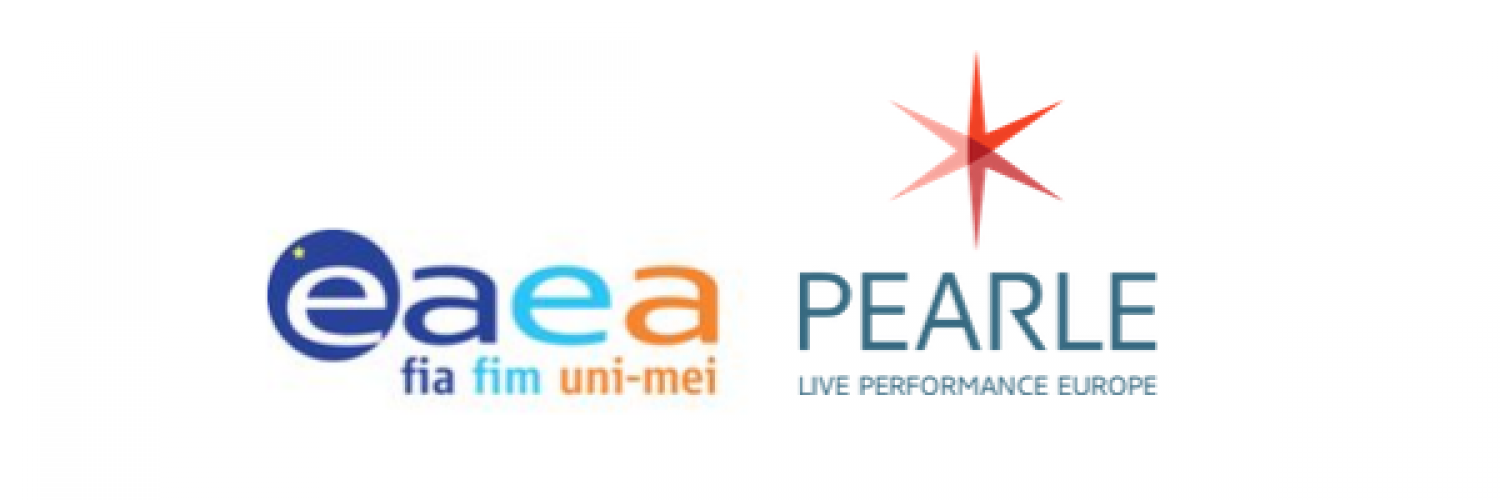The European social partners in the live performance sector call upon the Member States of the European Union, the European Commission and the European Parliament, to endorse the prime role of culture and the arts in society and to demonstrate this in all policy areas.
The European sectoral social partners represented by Pearle*-Live Performance Europe and EAEA - the European Arts and Entertainment Alliance which represents workers through the trade unions of performers, musicians and technicians affiliated to FIA, FIM and UNI-MEI - have for many years discussed cultural policies, public funding and the impact of the economic crisis, at meetings of the European sectoral social dialogue, which are facilitated by the European Commission’s DG Employment.
Having started in 2008 with an internal survey amongst social partners in the sector on the impact of the financial crisis which resulted in the ongoing austerity measures in Member States across Europe, the cuts in public finances for the performing arts and, in particular, the impact on employment, have remained a recurrent theme on the work programme since that time.
Following a joint statement of the European social partners ‘live performance’ ahead of the Employment summit of 7 May 2009 and as the Juncker Commission re-affirmed the goal to create jobs and growth, with this statement EAEA and Pearle call for urgent action to put in place specific measures, including investment in, and support for, the sector. For the past years the sector has done its share and contributed to governmental initiatives to secure the national budgets. However, the measures taken, including reduced public funding for the arts, increase of VAT rates on culture in different Member States, the closure of a number of performing arts institutions and organisations resulting in loss of jobs, have an impact which is far greater than for those immediately involved in the performing arts sector itself. It has impacted on society as a whole.
Key Conclusions
For the live performance to continue to play its role in society and in particular to carry out the public interest mission it has in its relation with the citizen, public investment should be adjusted accordingly, through direct support and a wide set of other measures. This is essential to contribute to the goals of boosting growth and creating jobs – the top priority of the European Commission.
Therefore, the European sectoral social partners in the Live Performance sector, represented by Pearle*-Live Performance Europe and EAEA, call upon the EU and the Member States to:
- Invest in culture and the arts, as society needs a flourishing cultural environment to underpin for education, health and well being, cultural memory, creation and creativity;
- Provide for specific tax regimes, including the abolition of levying withholding taxes in the country of performance, as well as adapted social security, employment schemes and support to (re-)training to help boost the sector and develop incentive measures for corporate and individual giving. As outlined below, such schemes have to be tailored to the working reality of the sector, taking account of its flexible and intermittent nature and ensuring all workers can benefit from it;
- Continue to promote mobility: the EU has made significant progress and continues to work to better capture mobile workers and their needs in social security and fiscal regimes. The Arts and Culture sector values this work and encourages it to continue;
- Involve the sectoral social partners in the live performance sector in the policy process and drafting of measures and action plans and, where sectoral social dialogue in EU Member States (by which is meant autonomous dialogue between trade-unions and employers’ organisations in the sector) is missing, to give priority and support to setting up the organisations and relevant fora for social dialogue;
- Ensure that different domains of legislation do not impede workers in the exercise of their rights, to freedom of association, and access to social dialogue and, where needed, that the EU assists Member States in the process to of adapting or improving legislation.
